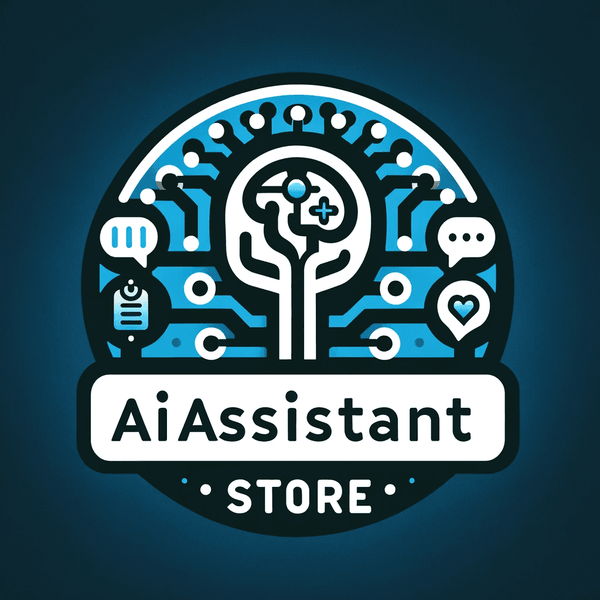BBC Study Exposes AI “Hallucinations”
Research by the BBC exposed that leading conversational agents, including ChatGPT, Microsoft Copilot, Google Gemini, and Perplexity, produce significant factual inaccuracies when queried about current events and policy matters. Over half of the tested responses contained notable errors, ranging from misidentifying political figures to fabricating health‐advice citations. The findings underscore the urgent need for rigorous human oversight and transparent labeling of AI‐generated content in critical domains such as newsrooms and healthcare. 🔗 Read more
Microsoft’s DoD-Compliant Copilot
Microsoft is gearing up to launch a Department of Defense–compliant version of its Microsoft 365 Copilot this summer, tailored to meet stringent “GCC High” security and compliance standards. If approved, this specialized Copilot will represent Microsoft’s first foray into one of the largest U.S. federal agencies, signaling a milestone in the integration of generative AI within highly regulated environments. 🔗 Read more
Meta’s $14.3 B Strategic Investment in Scale AI
Meta announced a $14.3 billion strategic investment in Scale AI, valuing the company at over $29 billion and has recruited Scale’s CEO, Alexandr Wang, to lead a “superintelligence” team at Meta’s parent company. While Scale will maintain operational independence, the deal cements a deep commercial partnership, with Meta acquiring a 49% stake and accelerating its push toward advanced AI capabilities. 🔗 Read more
Surge in AI Retrieval Bots
Tools from OpenAI, Anthropic, and others that summarize web content directly, bypassing original publishers, saw bot traffic surge by 49% in the first quarter of 2025, according to TollBit. These “retrieval” bots deliver instant AI-generated summaries instead of links, raising fresh concerns around copyright, monetization, and the evolving relationship between content creators and AI intermediaries. 🔗 Read more
Rise of AI Avatars Among CEOs
CEOs and senior executives are increasingly deploying AI-created “avatars”, digital clones trained on their speeches, writings, and interviews,to attend meetings, handle customer engagements, and amplify their influence. Platforms such as Delphi and Tavus enable this trend, promising efficiency gains but also sparking debates around authenticity, accountability, and the ethical implications of machine-mediated leadership representation. 🔗 Read more
EU Considers Pausing AI Act Provisions
Senior EU officials, spearheaded by Poland’s rotating Presidency, are reportedly considering a “stop-the-clock” proposal to delay the roll-out of general-purpose AI obligations under the EU AI Act, originally slated for August 2, 2025. This pause would push back transparency and compliance deadlines, such as draft Codes of Practice for large AI models, until the requisite technical standards are finalized. 🔗 Read more
European Commission’s High-Risk AI Consultation
On June 6, the European Commission launched a six-week public consultation seeking feedback on how to define and classify AI tools deemed “high-risk” under the AI Act. Stakeholders, from model providers to civil-society groups—can now weigh in on practical examples, potential exemptions, and the scope of obligations ahead of the guidelines due next year. 🔗 Read more
Europe’s First “AI Factory” Alliance
Canadian infrastructure specialist Hypertec announced a strategic partnership with Europe’s 5C Group and U.S.-based Together AI to build the bloc’s first “AI factory.” The venture aims to deploy up to 2 GW of data-center capacity and 100,000 NVIDIA Blackwell GPUs by 2028, backed by as much as $5 billion in private funding, bolstering Europe’s AI infrastructure autonomy. 🔗 Read more
Multiverse Computing’s €189 M Series B
Spanish quantum-inspired AI startup Multiverse Computing closed a €189 million Series B round—led by Bullhound Capital with participation from HP Inc., Forgepoint Capital, and Toshiba—to commercialize its CompactifAI model-compression technology. CompactifAI can shrink large language models by up to 95% without sacrificing performance, potentially slashing inference costs by 50–80% and enabling on-device AI deployments. 🔗 Read more
Lovable’s “Vibe Coding” Platform Valuation
Stockholm-based Lovable, whose AI-driven “vibe coding” platform lets non-programmers build apps via natural-language prompts, is set to secure a new funding round led by Accel at a $1.5 billion valuation. In just three months post-launch, Lovable has reached $17 million in ARR and 30,000 paying users, underscoring the growing investor appetite for no-code AI solutions. 🔗 Read more

